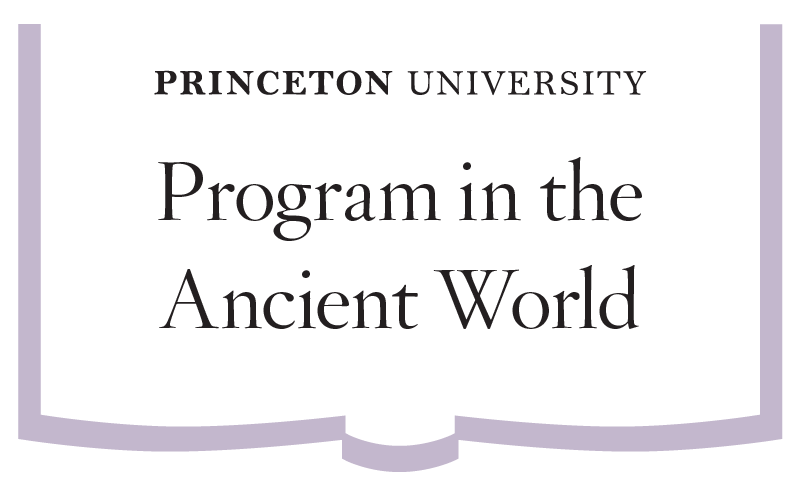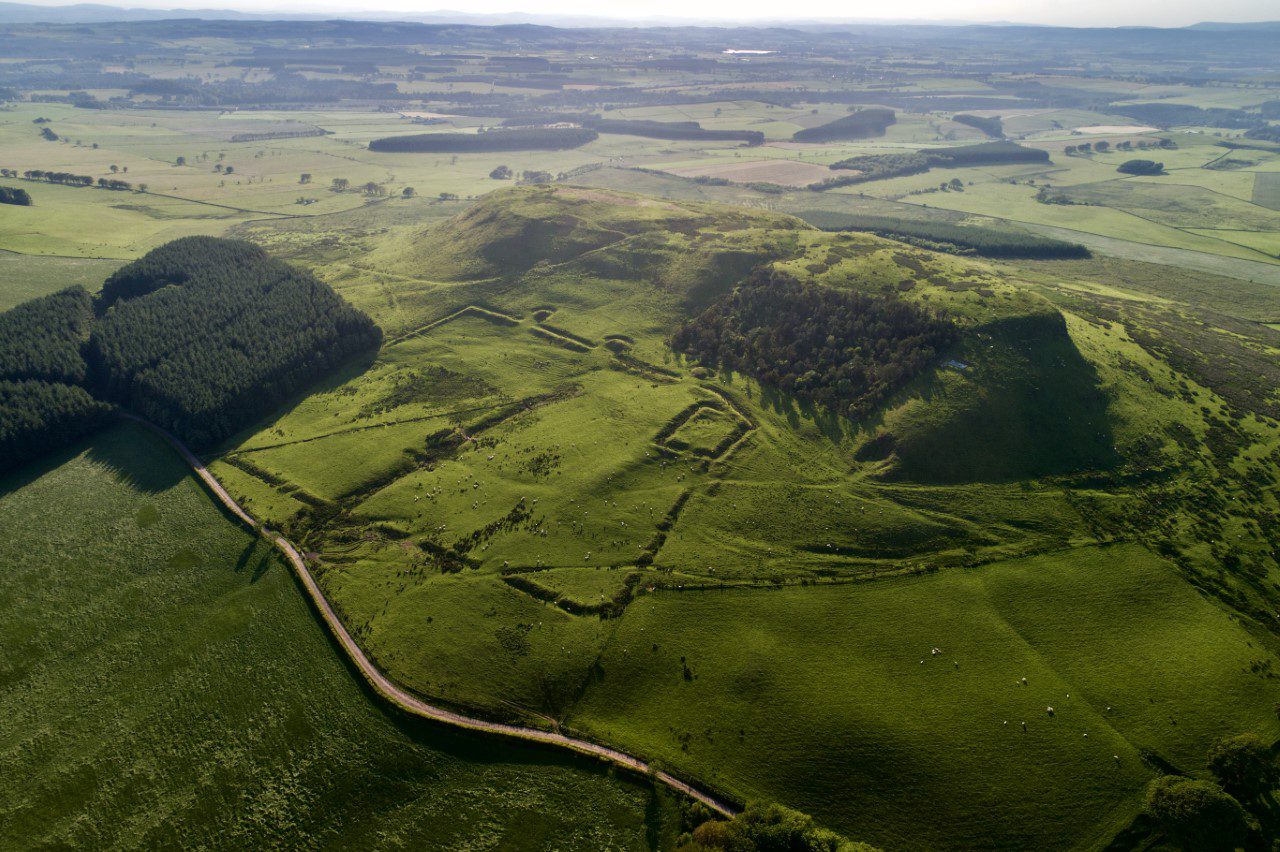By Jeremy K. Stitts, PhD Candidate in the Department of History
Each year, the Humanities Council’s Program in the Ancient World invites a distinguished scholar from one of its fields to spend a week in Princeton to deliver a lecture, host a seminar, and meet PAW graduate students in an informal setting. This year’s 2022-23 PAW Fellow, Manuel Fernández-Götz (University of Edinburgh) delivered three unique presentations on conflict within the Iron Age and classical European societies.
With a broad temporal scope, the lecture’s geographical reach was wide-ranging, integrating Iberia, Gaul, Germania, and Britannia into a wider theme of cultural interactions, whether benign or bellicose. Throughout the seminars, an archaeological grand tour of ancient Western Europe, Fernández-Götz illustrated various episodes of resistance through his remarkable analysis of conflict archaeology within these regions.
In a seminar titled, “Colonial Entanglements in Iron Age Iberia: Hybridization, Encounters, and Resistance,” Fernández-Götzexamined the multilayered historical and cultural dimensions that characterized Iberia during this period, with Celt-Iberians, Phoenicians, Greeks, and Romans negotiating space and trade within, and domination of, the Peninsula. He explored interactions between Roman power and Indigenous communities, and presented results from new research projects that are fundamentally transforming knowledge of the period between c. AD 70-400.
A public lecture, “On the Edge of the World: Rome’s Fluid Frontier in Northern Britain” attended by both faculty and graduate studentsfocused on cultural and military interactions between Romans and Celts in what is now northern England and Scotland. He noted the enduring scholarly and popular intrigue of the societies beyond Hadrian’s Wall and masterfully integrated topography and political economy in exploring why the Romans chose not to incorporate Caledonia into the Empire.
On his final day on campus, Fernández-Götz led a seminar titled “Narratives of Conquest, Materialities of Destruction: Rethinking the Roman Conquest.” The talk revealed the brutality of the Roman conquests of Iberia, Gaul, and parts of Germania, bringing into conversation debates on genocide, ethnocide, and the toll of war on civilian populations during the Late Roman Republic and Roman Empire.
The Program in the Ancient World fosters faculty research and teaching about the ancient world, from archaic Greece to the Late Antique Mediterranean, hosting lectures, colloquia, and workshops and bringing distinguished faculty from many different countries as Magie Lecturers and Visiting Fellows.
Learn more about PAW Fellows on the Program in the Ancient World website.













